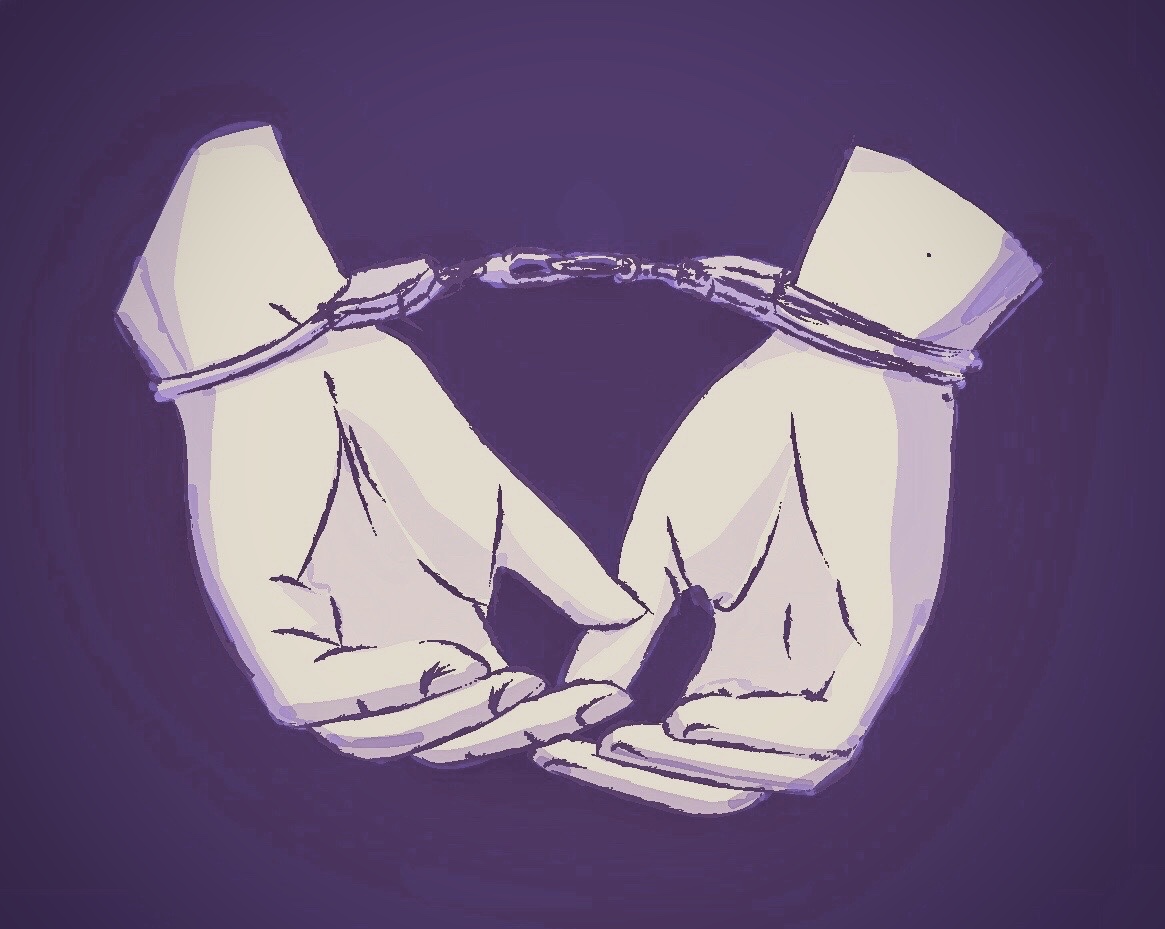[Written by Anonymous]
[Image Credits: Ella Ottersbach-Edwards (she/her)]
Content warning: Contains discussion of arrest, mental health issues, and violence against working-class people.
Series caption: Working-class voices often go unheard, especially at university. In light of our final theme, we have launched a 3-part series exploring the effects of class on our perceptions of “Home”. The series projects working-class voices from different areas: Scotland, the North-West, and East Anglia. Our writers share their experiences of growing up in working-class communities, rejecting common stereotypes of these environments as miserable and dangerous, in favour of exploring the idea of working-class homes as places of trust, love and solidarity. Most importantly, all the pieces are written on their own terms.
I grew up on a council estate in a rural town in East Anglia. My childhood home was subject to mould, damp and rats. The plaster in the walls hurt when you brushed past, the living room had very little furniture and my bedroom was the size of a closet. Besides this, every household on my estate had one thing in common: love for one another, and a sense of closeness within a community. I believe that solidarity will always form where people are hated.
There are few times in life where you feel the earth suddenly shifting under your feet without knowing why. One of those times, for me, came when I was eight years old and my dad was arrested. I remember coming home from school that day. My mum was crying. She told me that my dad had been arrested and would be held in a cell overnight. I know that moment changed my dad’s psyche forever, but when he got home all he said was that the book they gave him to read in the cell was uninteresting — it was characteristically optimistic. The police came over to question me and my siblings, asking us to identify pictures, they asked me if I felt safe at home. My dad was demonised within the media, my mum practically broke our front door shoving the BBC out of it, and as I became brandished as a criminal’s child, everyone became instantly afraid of me. I mainly hung out with kids on my estate, a lot of them had dads and brothers in prison anyway, so they didn’t think as badly of me.
The responsibility of ensuring that my siblings felt like everything was calm and normal fell upon me as the eldest, and the responsibility of ensuring that my dad was ok fell upon my mum. I was given therapy at school, which I was happy about because it meant I got out of my maths lessons. I remember we had conversations in class about how our parents were in prison or dying, it was morbid but I felt a sense of solidarity. In all of this, the only thing I could be glad of was that we didn’t lose everything we had: our house, our money, our safety. We didn’t lose any of that because my dad’s union made sure he was paid leave and paid for legal aid. This was crucial because my mum wasn’t working and the only money we had apart from that was benefits. We would have had to claim guilty despite our innocence, and my dad would have been put in prison. I would not have a complete family today, and I would have lived the remainder of my childhood homeless, probably with my gran, maybe as a foster child. I don’t like to think of the possibilities.
After my dad was proven innocent I locked the memory of my childhood away inside my head. Last summer, I unlocked it and felt a whole spectrum of emotions. I started to think of my childhood self as separate from my real, adult self, and I started to refer to her in the third person, I felt angry that she had been so mistreated by life. I was put on meds and given therapy. I still struggle with the memory of it, I’m struggling writing this right now… I want to hold back on so much information but at the same time I just want to spill every single tiny detail of it, I’m in two minds and I’m confused and upset.
No child should ever have to experience what I experienced, but working-class children are, not only far more likely to, they are forced to live through it without the money for the support they desperately need. People, men especially, born into households in the bottom 10% of earners are 20 times more likely to be imprisoned than those born into the top 10%. Almost 60% of children of offenders say they need help, but in terms of getting that help, middle-class people are three times as likely to get a therapy appointment at all. In terms of my own trauma, access to healthcare, housing benefits, comprehensive education, legal support, all of it, formed a crucial part of the storyline. Feeling emotionally and physically safe often relies on the amount of money we have, so how could we say that class doesn’t play a role in experiencing trauma? My advice is to never undermine the importance of class privilege.

